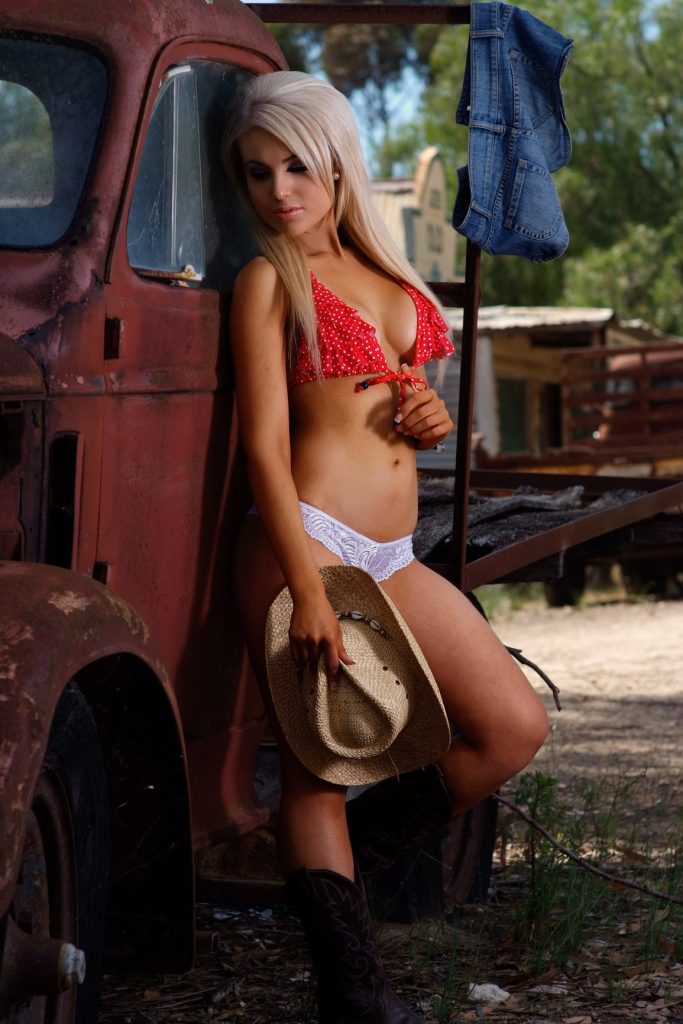The meaning of the word stud is not well understood in the LGBT community. It’s a term that can mean either masculine or feminine, and it can also be racially specific. Read on to learn more about the different types of studs and how they are perceived.
Butch
There are many types of butches. Some are androgynous and others have a feminine touch. However, the majority of butches are portrayed as women.
In the past, butches were often thought to be desirable by men. This was because they were seen as hiding homosexual identities. However, in recent years, the LGBTQ community has made great strides. Despite this, there are still a lot of hurdles that need to be overcome. By showing support for the lesbian community, you can help fight against these challenges.
“Stud” is a term that was first used in the Black and Latinx lesbian community. It has since become a synonym for butch. A “stud” is a Black or Latinx lesbian who embodies a masculine style.
Masculine
The term “stud” was coined by Black lesbians as a way to express the gender roles that were established within the Black community. They wanted to distinguish themselves from white counterparts.
There are a few ways to go about determining what a “stud” really is. Some consider the term to be a fad, while others believe it was actually invented by a certain group of Black lesbians in the late 20th century.
For many, a stud is a black lesbian who identifies as masculine. These ladies aren’t all as baggy as butch women, but they do tend to dress more masculine.
Aggressive
The acronym stud is a mouthful, so let’s get to the point. One of the more common acronyms in the lgbtq community is stud, but that’s not to say they are all about the sex. Depending on who you ask, stud is more of a synonym for butch, or butch-ish. It’s a term that has its own nuances, but there are enough similarities to make a connection worth the trip.
While a stud may seem like an afterthought, it has been shown that there are a number of studs out there. For example, a stud on stud relationship isn’t unheard of. As a result, stud is a hot button topic. However, being a stud in the wrong hands can be a real pain in the butt. So, do your homework.
Transactivism
The transgender community is a global movement fighting for protection from discrimination and violence. It is a part of the wider LGBT rights movement. Transgender activists have been at the forefront of many important moments in the history of the LGBTQI movement. They continue to face disproportionately high rates of abuse and incarceration.
The early days of the gay and lesbian rights movement were marked by marginalization of people of color. Despite the success of white, male, and Western activists, their activism did not necessarily represent a broad range of racial and class identities.
Racially specific
The stud is a racially specific term that identifies lesbians who take on a masculine role. In the past, black lesbians tended to mimic black males, but as the LGBT movement grew, many of them opted for a more progressive and feminine identity.
Using a stud in the right context can lead to some interesting results. Lesbians of color are often treated like second-class citizens, and are often denied fair housing and employment opportunities. However, a stud can serve as a springboard to a more progressive life.
The stud is not a new word; it dates back to the 1960s. It has long been associated with Black and Latinx women, though white women are increasingly using it to describe themselves.
Heterosexism vs. Genderqueer
Homosexual and heterosexism are two forms of oppression that can be very damaging to the lives of LGBTQ+ people. However, it is important to recognize that homosexism and heterosexism are not the same thing. There are some similarities and some differences.
Heterosexism is an assumption that everyone is heterosexual. This is a social construct, and it is incorrect. It is also an incorrect sex-oriented behavior.
Genderqueer is a gender identity term used to describe individuals who don’t conform to the traditional sex expectations of the society. Aside from this, a bigender is someone who has a mixed or blended gender.
